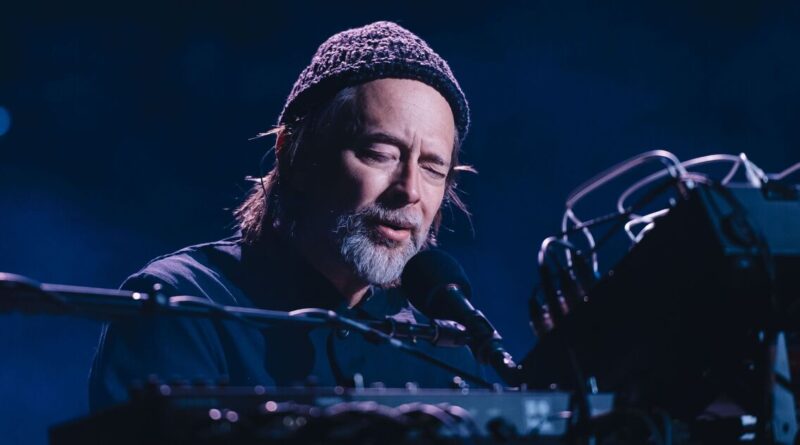Radiohead’s Thom Yorke reveals album it was hardest to work on | Music | Entertainment
With every album in the 1990s, Radiohead scrapped the rulebook or any preset formula and rebuilt their sound from scratch – going from grunge-tinged outsiders to one of the most progressive and critically acclaimed bands in modern music.
After the angst of Pablo Honey and the grandeur of The Bends, Radiohead hit new heights with 1997’s OK Computer – an album that became a landmark in alternative music and placed the band among the greats.
But with success came pressure: how do you follow up an album widely considered a masterpiece? For Thom Yorke, the answer was surprisingly going in the complete opposite direction.
Looking back on it in an interview with Rolling Stone, Yorke opened up about just how difficult the process was for what would eventually become Kid A – and he didn’t hold back when describing the strain he put on his bandmates.
“The others didn’t know what to contribute,” he said. “When you’re working with a synthesiser, it’s like there’s no connection. You’re not in a room with other people. I made everyone’s life almost impossible”.
Released in 2000, Kid A ended up stunning critics and fans alike. In the album, Radioheard replaced their soaring guitars and sweeping choruses with glitchy beats, icy textures, abstract lyrics and a futuristic sound reminiscent of Yorke’s obsession with artists like Aphex Twin, Autechre and DJ Shadow.
To get there, though, was anything but smooth. The sessions were chaotic and uncertain, and long stretches passed without progress. Jonny Greenwood taught himself to play the ondes Martenot, a rare early electronic instrument, the band argued over direction, and ideas were started and scrapped.
Yorke, battling personal anxiety and creative paralysis, admits he retreated into himself – more focused on texture and mood than conventional songwriting. The collaborative magic that had defined earlier albums was harder to reach.
Even within the band, opinions were split at the time. Guitarist Ed O’Brien once described the sessions as “the most difficult, the most confusing,” but also acknowledged the necessity of that discomfort. The payoff came in the legacy: a record that challenged genre, defied expectations, and laid the groundwork for an entire generation of experimental acts.
The hard work ended up paying off: even without a promotional single, Kid A debuted at number one on the UK Albums Chart and became Radiohead’s first number-one album on the US Billboard 200.
It was branded pretentious by some listeners, but by the end of the decade, it was a constant fixture in lists of best albums of the time chosen by specialised media – such as Rolling Stone, Pitchfork and the Times.
Kid A went on to win the Grammy Award for Best Alternative Album in 2001, and was nominated for the Album of the Year award.





